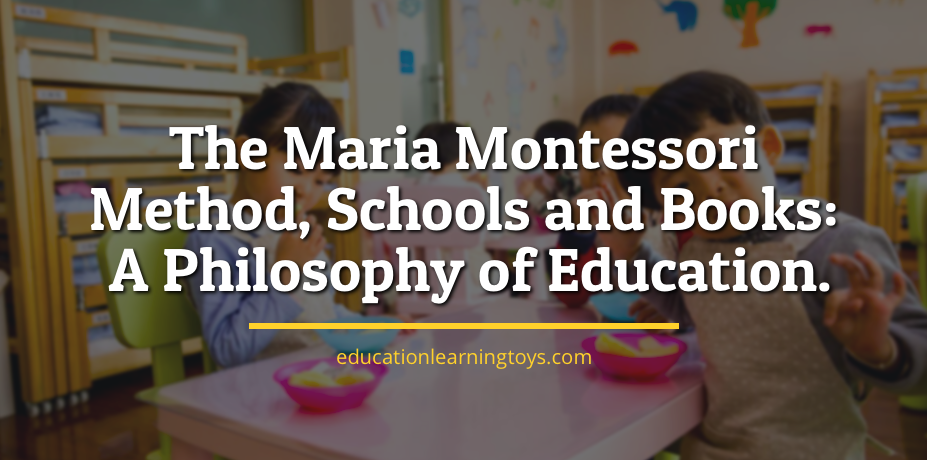
Unlocking Potential: Embracing the Montessori Educational Philosophy
Education is a transformative journey, and the Montessori Educational Philosophy stands as a beacon of holistic and child-centered learning. This exploration delves into the principles of the Montessori approach, its impact on learners, and the enduring benefits it offers for cultivating independent and well-rounded individuals.
Foundations of Montessori Educational Philosophy
At the heart of the Montessori Educational Philosophy lies the belief in the child as an active and engaged learner. Dr. Maria Montessori, the pioneer behind this philosophy, emphasized the importance of creating an environment that fosters curiosity, exploration, and independence. The foundation rests on respect for the child’s natural development and an acknowledgment of their innate desire to learn.
Child-Centered Learning: Nurturing Independence
One hallmark of the Montessori approach is its commitment to child-centered learning. The philosophy values the unique qualities and pace of each child’s development, allowing them to explore subjects at their own rhythm. This emphasis on individualized learning nurtures independence, self-discipline, and a lifelong love for learning.
Hands-On Materials: Concrete Learning Experiences
In the Montessori classroom, hands-on materials take center stage. These materials are designed to be self-correcting and invite exploration. Through concrete learning experiences, children engage their senses and develop a deep understanding of abstract concepts. This tactile approach not only reinforces academic learning but also cultivates practical life skills.
Mixed-Age Classrooms: A Community of Learners
Montessori classrooms often feature mixed-age groupings, fostering a sense of community and collaboration. Younger children observe and learn from older peers, while older students reinforce their understanding by helping younger ones. This dynamic creates a supportive environment where cooperation and mentorship flourish.
Freedom within Limits: Cultivating Responsibility
The Montessori philosophy embraces the concept of “freedom within limits.” This approach empowers children to make choices within a structured environment, promoting a sense of responsibility and self-regulation. Through this balance, children learn to navigate their freedom thoughtfully and respect the boundaries set by the community.
Individualized Curriculum: Catering to Diverse Learners
Montessori education recognizes the diversity of learners and tailors the curriculum to meet individual needs. Rather than adhering to a one-size-fits-all model, teachers observe each child’s strengths, interests, and challenges, adapting the learning environment accordingly. This personalized approach ensures that each child receives the support they require for optimal growth.
Holistic Development: Nurturing Mind, Body, and Spirit
The Montessori Educational Philosophy places a premium on holistic development. Beyond academic achievements, the curriculum integrates activities that foster physical coordination, emotional intelligence, and social skills. This well-rounded approach aims to cultivate individuals who are not only academically proficient but also compassionate, self-aware, and resilient.
A Link to Lifelong Learning: Montessori Educational Philosophy
For those seeking to explore and implement the Montessori Educational Philosophy, Montessori Educational Philosophy serves as a valuable resource. This platform provides insights, courses, and practical tools designed to support educators, parents, and anyone interested in embracing the principles of Montessori education. Explore the link to lifelong learning and the transformative impact it can have on educational practices.
Conclusion: Empowering Learners for a Lifetime
In conclusion, the Montessori Educational Philosophy stands as a powerful paradigm for education that empowers learners for a lifetime. By prioritizing child-centered learning, hands-on experiences, mixed-age classrooms, freedom within limits, individualized curriculum, and holistic development, Montessori education fosters the growth of independent, well-rounded individuals. Embrace the philosophy, unlock the potential of each learner, and contribute to a future generation of curious, capable, and compassionate individuals.
